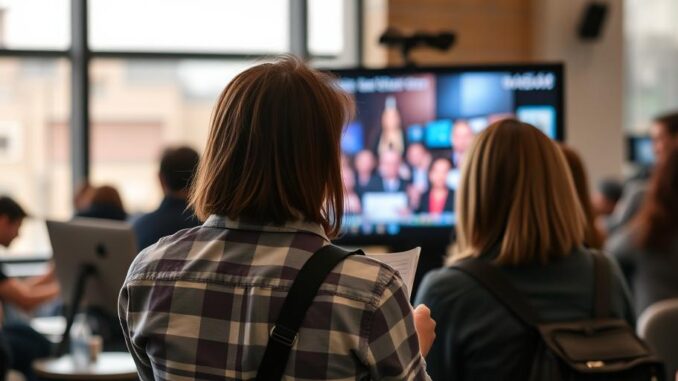
Summary
This article discusses the increasing global burden of skin cancer among older adults, highlighting the disproportionate impact on men and the need for targeted interventions. It also explores a novel approach to weight loss maintenance using patient-delivered continuous care, which has shown promising results compared to professional-led programs. These advancements in geriatric care represent crucial steps towards improving the health and well-being of the aging population.
** Main Story**
Alright, let’s talk about some exciting developments in geriatric care. It’s a field that’s really stepping up, especially when it comes to tackling skin cancer and revolutionizing how we manage weight loss in older adults.
The Growing Shadow of Skin Cancer
Skin cancer is a major global health issue, no doubt about it. And, unfortunately, we’re seeing it rise steadily among older adults over the last three decades. Why is this happening? Well, partly it’s just that the population is growing, but it’s also because we’re seeing more cases of keratinocyte cancers – think basal cell carcinoma (BCC) and squamous cell carcinoma (SCC).
BCC is the most common, sure, but SCC? That’s the real concern because it causes more deaths and disabilities. It really highlights where we need to focus our efforts. And get this – men tend to get skin cancer more than women do, and there are even differences based on how wealthy you are. It’s not a level playing field, you know?
The bad news? Experts predict that keratinocyte cancer rates will keep climbing in older adults. Which means we need to find better ways to prevent and treat it. Especially for those who are at higher risk. It’s a challenge, but one we can’t ignore. For instance, I remember reading about a study a few years back that showed just how much simple sun protection education can reduce the risk in high-risk groups. Small changes can make a big difference.
A Fresh Approach to Weight Loss: Patients Helping Patients
Now, let’s switch gears and talk about weight loss. Keeping weight off after you’ve lost it is incredibly hard. You know that, I know that. Usually, continuous care with doctors and other professionals works best. That said, it can be really expensive, and let’s be honest, it’s not always practical for everyone.
So, some researchers tried something totally new: a patient-delivered continuous care model. This is where people who have successfully lost weight act as mentors. They lead the sessions, while others in the group, so peers, give each other support remotely, using proven strategies. It’s like, people who get it, help other people get it too.
What Did They Find?
The trial involved adults between 18 and 75, with varying BMIs, and the results were pretty amazing. People in the patient-to-patient group didn’t gain as much weight back compared to those who got the standard professional care. Plus, they saw improvements in other areas, too, such as lower blood pressure and heart rate, and they were more active.
It makes you think, doesn’t it? Could this be a more sustainable, and affordable, way to help people keep the weight off? Think about the impact on their health, their quality of life. It’s a big deal, wouldn’t you say?
The Future is Looking Brighter
These advancements are a sign of the times, really, showing a move toward care that’s more focused on the patient and more accessible. With skin cancer, the focus needs to be on stopping it before it starts, catching it early, and treating it effectively. The patient-led weight loss model? Well, that’s looking like a promising path to lasting weight control and better heart health.
I think all this really demonstrates a commitment to helping older adults live healthier, better lives. And as we continue to learn and innovate, I’m optimistic we’ll see even more effective, personalized ways to address the challenges they face. It’s an exciting time to be in this field, that’s for sure.


The peer-to-peer weight loss approach is fascinating! Could this model be applied to other areas of geriatric care, such as managing chronic pain or supporting mental well-being, potentially reducing reliance on traditional, resource-intensive healthcare settings?
That’s a fantastic point! The potential for peer support in managing chronic pain and mental well-being in geriatric care is huge. Imagine the impact of shared experiences and encouragement. It could definitely complement and perhaps even alleviate the burden on traditional healthcare. Let’s explore this further!
Editor: MedTechNews.Uk
Thank you to our Sponsor Esdebe
Patient-delivered care is fascinating! Wonder if it could work for preventative skin checks? Peer pressure to slather on the sunscreen, maybe? Could gamify mole mapping, award points for diligence. Suddenly getting older sounds like fun!